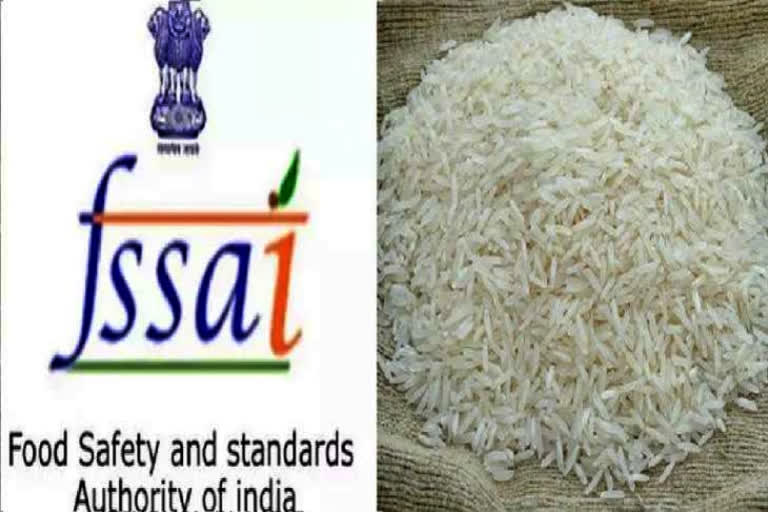New Delhi: The Food Safety and Standard Authority of India (FSSAI) on Thursday notified comprehensive regulatory standards for basmati rice which will come into force from August 1. Accordingly, the basmati rice shall possess the natural fragrance characteristics of basmati rice and be free from artificial colouring, pushing agents, and artificial fragrance.
"The standard aims to establish fair practices in trade of basmati rice and protect consumer interest, both domestically and globally," a government official said. FSSAI has specified the identity standards for basmati rice (including brown basmati rice, milled basmati rice, parboiled brown basmati rice, and milled parboiled basmati rice) vide Food Safety and Standards (Food Products Standards and Food Activities) First Amendment Regulations, 2023 notified in the Gazette of India.
Also read: Govt lifts ban on exports of organic non-basmati rice
The regulatory standards also specify various identity and quality parameters for basmati rice such as average size of grains, and their elongation ratio after cooking, maximum limits of moisture, amylose content, uric acid, defective/damaged grains and incidental presence of other non-basmati rice etc. Basmati rice is a premium variety of rice cultivated in the Himalayan foothills of the Indian subcontinent and is universally known for its long grain size, fluffy texture, and unique inherent aroma and flavour.
Agro-climatic conditions of the specific geographical areas where basmati rice is grown, as well as the method of harvesting, processing and aging of the rice contribute to the uniqueness of Basmati rice. Due to its unique quality attributes, basmati is a widely consumed variety of rice both domestically and globally and India accounts for two-thirds of its global supply.



